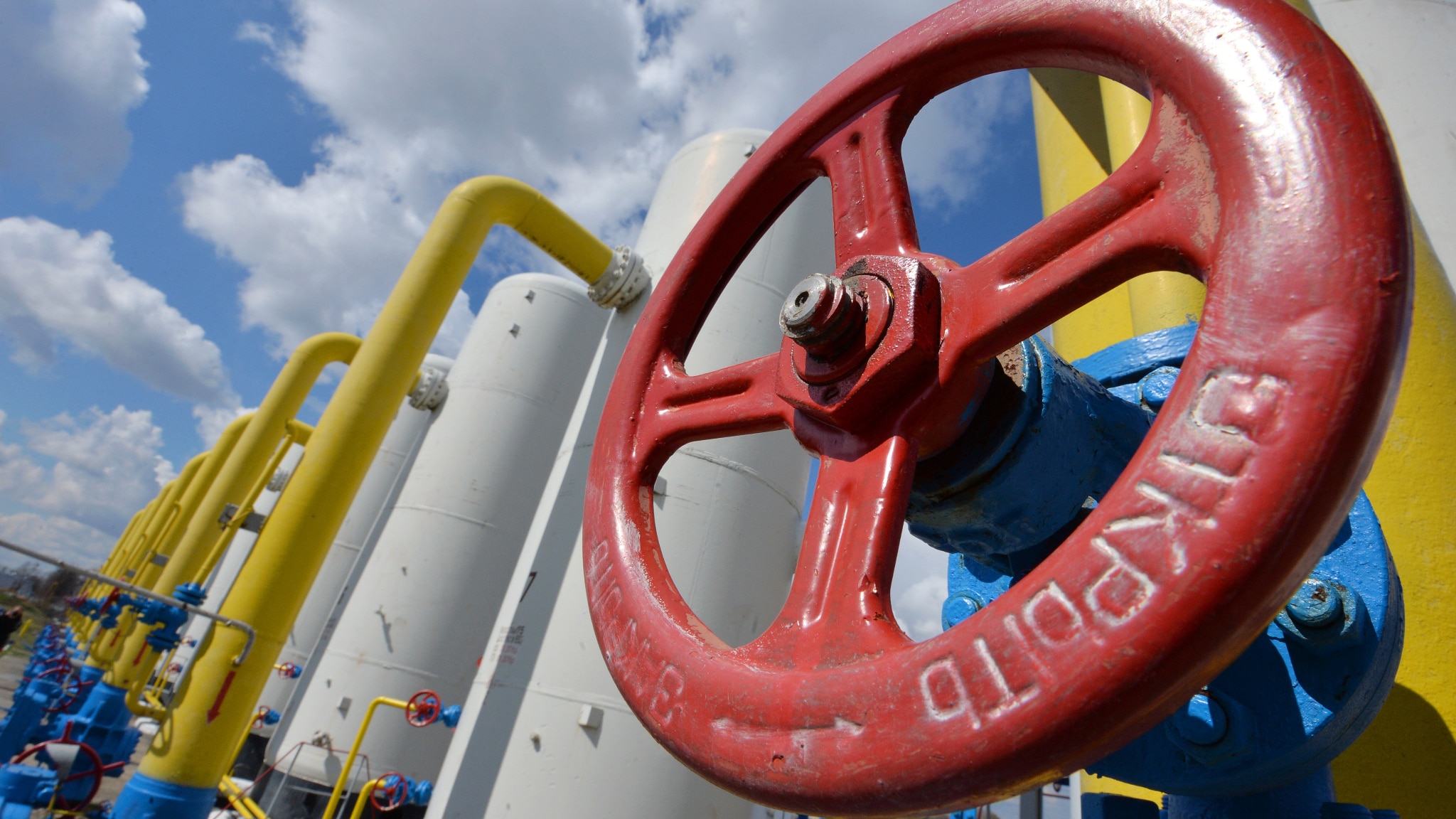The work in Brussels is hectic to find the square on the question of the gas price cap.
We are working on a real reform of the electricity market in the medium and long term.
Two important appointments to put together the missing tiles.
The first is the summit of energy ministers on Friday 9 September in which above all the technical details will emerge, and then the plenary of the European Parliament in Strasbourg on 14 for which the speech by President
Ursula Von Der Leyen
on the state of the Union is expected
.
For the occasion, the owner of the Commission will provide details on the price measures to counter the energy emergency, which has gripped the old continent since the war in Ukraine began.
"First we will listen to the energy ministers, then we will put forward concrete options", said the deputy director general for energy of the European Commission
Mechthild Wörsdörfer
speaking to the deputies of the industry committee of the EU parliament.
The official explained that "there may be different types of price caps, such as that on imports from Russia, or applied within the EU, on the wholesale or retail market, we are evaluating all possibilities".
In addition, a communication campaign on energy saving will be launched in September, aimed at all Europeans.
Russian Gazprom is still strangling the flow of gas to Europe
.
It fell to Germany to pay the price in the last 3 days after Chancellor Scholz took the first steps towards the belief that the price cap is the only solution to the energy crisis.
Mario Draghi
's Italy
was the first country to propose the roof.
According to the Kremlin, sanctions on Russia are at the root of the crisis.
The Kremlin spokesman,
Dmitry Peskov
, reiterates that Gazprom's European partners lack common sense regarding gas supplies.
Energy costs have skyrocketed following the invasion of Ukraine by Russia, which is Europe's main supplier of natural gas for heating and power generation.
Uncertainties on the markets affect public spending, but also that of households.
One by one the European countries are beginning to take contrasting measures: Italy, through the Minister for Energy Transition Roberto Cingolani, has announced a first measure to be adopted by the autumn and that is to reduce heating by one degree and one hour. of public and private offices, Spain announces that it will cut
VAT on gas
from 21% to 5% starting in October to reduce the impact of rising gas prices on household bills.
.
Getty
Ursula von der Leyen, President of the European Commission
A solution on
decupling
is also being studied , ie the
decoupling of the price of gas from that of electricity
.
The summer heatwaves have caused a surge in electricity demand for cooling devices, while reducing hydroelectric power generation.
However, as Brussels comes to terms with the energy crisis and the Kremlin continues to use gas as a "weapon of war",
commodity
prices are falling .
In Amsterdam,
gas
prices fell to 231 euros per megawatt hour (-3.6%) despite the closure of the Nord Stream.
Price down also in London where it stood at 546 pence per Mmbtu (-0.4%).
Oil
is also down
with the WTI reaching 88 dollars per barrel (-1.6%) and Brent at 94 dollars (-1.7%).
It also sells
gold
which drops to $ 1,706 an ounce (-0.3%) and
silver
to $ 17.81 (-1%).
Nickel
and
copper
also fell sharply
(-1.8%) and
aluminum
(-2.4%).
Among food raw materials,
soft wheat
drops to $ 824 per unit from 5,000 bushels (-0.8%) and durum wheat to $ 903 (-1%).
According to Fitch, the European strategy "is credible" and is therefore capable of "resisting the Russian gas crisis" even "if not without pain".
The "adjustment process will weigh on the eurozone economy and companies in a less severe way than the preliminary estimates made on the market".
In a scenario of flows at 20% for 2022 and stop in 2023, the international rating agency estimates a negative effect on EU GDP of 1.5-2%, 3% on Germany and 2.5% % on Italy.
(ApPhoto)
From left, Bulgarian Prime Minister Kiril Petkov, German Chancellor Olaf Scholz, Spanish Prime Minister Pedro Sanchez, Dutch Prime Minister Mark Rutte and Slovak Prime Minister Eduard Heger during a round table discussion at an EU summit in Brussels , June 23, 2022

